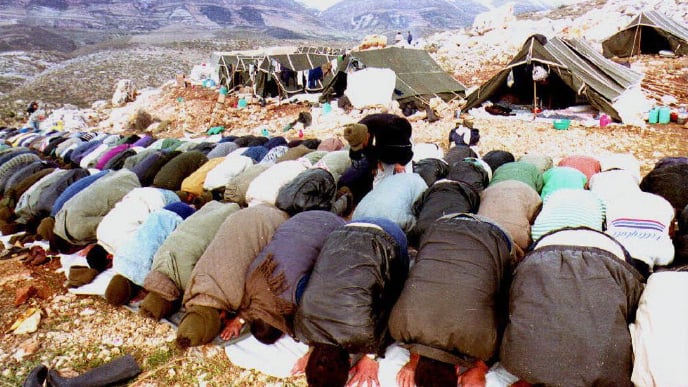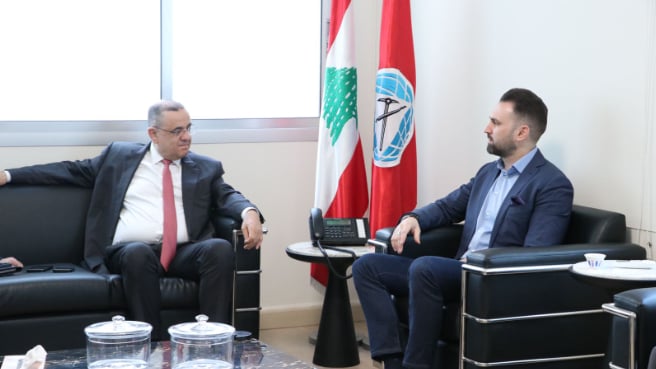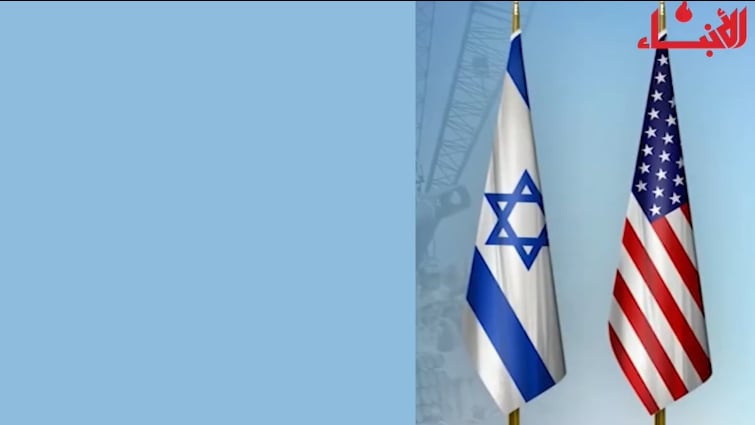It is a shameful sight. Doctors and lawyers, lecturers and engineers, accountants and journalists, all squatting beneath green tents just below the snow line. The wind blasts up the valley and scythes over the broken road beyond Marj Zohour, which in Arabic means “field of flowers”. But grey rocks and ice are the only features surrounding more than 400 Palestinians deported from Israel.
One has a weak heart, two are on crutches. They described being kicked and beaten in the buses on their way to the border. One man was dragged off as he was buying kebab meat from his butcher. For good measure, the butcher was deported too.
Three brothers and two uncles are crouched on the bare hillside. Many of the 17 PhDs and MAs among the Palestinians were educated in Britain. Bassam Jarrar has a degree from the University of Wales, Ahmed Salamin from Durham, Abdul Fattah el-Awaisi a PhD from Exeter.
And, of course, many are sympathetic – or more than sympathetic – to the militant Islamic movement Hamas, which is now at war with Israel in the West Bank and Gaza Strip. Some speak of sadness but others of revenge and of bloodshed to come. All seem to understand the historic nature of what has happened – the largest single deportation by Israel in its history – and there is going to be little forgiveness, even if the Israeli courts decide these Palestinians should be allowed to return.
Mr Jarrar was ordered out of his home in Hebron in front of his wife and children and only knew he was being deported when he reached the border. He sat yesterday in the tent he shares with two others and spoke with bitterness of the future. “Those men who killed the Israeli soldier will feel especially sad about our deportation because the killing was what caused it to happen. So they will want revenge. Their previous operations were selected operations – they sought to attack men who were soldiers. But the main reasons for operations now will not be political. The operations will be for revenge.”
There are piles of brand new Korans in the Red Cross tents and visits from Hizbollah, from Walid Jumblatt’s Druze Progressive Socialist Party, from United Nations refugee officials, from the Sunni Muslim mufti of the Bekaa Valley. And the deportees have come to savour the power of publicity after three nights on the bare hillside. They now have a refugee “committee”, three official spokesmen, even a Lebanese sympathiser who photocopies press statements. Yesterday, they held their first press conference.
The Palestinians have offered their thanks to the Lebanese government for refusing them entry, and are well aware that the hills on either side of the two miles of road between the nearest Lebanese checkpoint and the Israeli occupation zone are to be their indefinite home. If their torment helps to destroy the Middle East peace talks, they will have no objections: that is their intention anyway.
What possessed the Israelis to do this? Abdul Awaisi believes it was an attempt by Yitzhak Rabin, the prime minister, to assuage Israeli anger after the murder last week of a border guard. As one of the deported Hamas leaders, Dr Abdul Aziz Rantisi, said: “We did not carry guns – the men with the guns are still in occupied Palestine.” Perhaps the Israelis thought they could destroy the intellectual leadership of Hamas by dispatching so many educated men to Lebanon. But they have given Hamas a voice it never had before.
“What Israel has done has given us legality to kick the Jews out of Palestine,” Mr Jarrar said. “It’s legal, the Israeli courts said. It’s legal to throw us out of our homes and out of our land. So if they can do it, now it’s legal for the Arabs to throw out the Jews. What has happened to us is the first step in the expulsion of the Jews from Palestine. In 10 or 15 years’ time, what has happened to us will be reflected in history.”
Not all his colleagues were so harsh. Faris Abu Moamar from Khan Younis thought the Israelis might have achieved peace if they had treated Palestinians with respect. It was too late now, he said. “You see that man over there? He is the dean of the commerce faculty in the Islamic University of Gaza. You see those two? They are members of the Hebron chamber of trade. Tell the people in the West that we are human beings like them. Tell them that we have homes like them. Tell them that we have jobs like them – and that we have lost everything.”
Across the hillside yesterday, the Palestinians were wandering through the rocks and the little “crown of thorn” bushes, collecting bracken to lay beneath their plastic tent sheets. Some were fashioning wooden-frame floors, others hauling foam-rubber mattresses into the tents. The UN High Commissioner for Refugees – for whom 16 of the deportees worked full-time in Gaza – and the Red Cross have brought blankets and food. UN troops turned up with water tanks and hoses.
Small comfort, perhaps. For many of the Palestinians’ families still do not know if their menfolk are among the deportees. Abdul Awaissi was taken from his home as his wife was in labour – he does not know if he is the father of a son or daughter.
One man realised as he was about to be driven across the border that he had been mistaken for another with a similar name. He told the Israelis but they deported him all the same.
“We are here because we are Muslims,” Ahmed Salamin said. “It is because of our religion, not our politics, that we are here. But our mosque is everywhere... And we are one with all Muslims, in Pakistan, in Bosnia...” He, too, argued that the Israelis had set a precedent for their departure from the land he calls Palestine.
But could there be other precedents? For if Israel can deport 400 Palestinians, why not 4,000? Or 40,000, a small figure against the suggestions of members of Israel’s extreme right-wing parties? History may one day record the importance of the Palestinians living cold amid the “the field of flowers”, but its lessons could prove fearful for both peoples living in the land that was Palestine.





